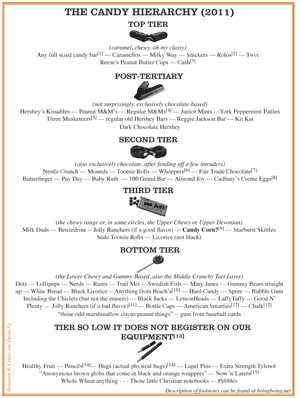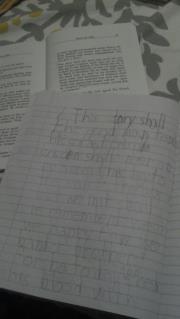“The Year We Left Home” by Jean Thompson
Thursday, November 3rd, 2011I have almost completely broken myself of the habit of requesting new/bestsellers from the library. Almost always, they come in when I have a boatload of reading to do for my three book groups, and I can’t possibly squeeze in whatever book happens to show up when it’s finally my turn. I returned both Swamplandia and Chris Adrian’s Great Night without reading them.
(Yes, yes, I know I can put freeze the reserve for a time to hold my place, but I’m not quite organized enough to be able to do that efficiently. So they show up seemingly randomly.)
I should not have even requested Jean Thompson’s new novel The Year We Left Home. Her short story collection, Who Do You Love? has been on my to-read shelf since about 2002. Nonetheless, I requested it long ago when I read glowing reviews, and when I got it from the library I had a short break between books. Thus I read it. And am glad I did.
The book is labeled a novel, but reads more like a series of linked short stories, all told by members of the Erickson’s, a middle-class Iowa family. It begins with a wedding in the 70’s, and continues to the early 00’s. There is a great deal of sadness, some tragedy, and also some happiness, though it’s usually short lived. The family, the struggles of its members, and how they grow and change over time, felt very true and real to me. The Booklist blurb on the back of the hardcover captured one of the themes well: “the lure of away and the gravitational pull of home.”
The bride and groom had two wedding receptions: the first was in the basement of the Lutheran church right after the ceremony, with punch and cake and coffee and pastel mints. This was for those of the bride’s relatives who were stern about alcohol. The basement was low-ceilinged and smelled of metallic furnace heat. Old ladies wearing corsages sat on folding chairs, while other guests stood and managed their cake plates and plastic forks as best they could. The pastor smiled with professional benevolence. The bride and groom posed for pictures, buoyed by adrenaline and relief. There had been so much promised and prepared, and now everything had finally come to pass.
In its style, writing and structure I was reminded of Olive Kitteridge. In its subject, I was reminded of Joyce Carol Oates’ We Were the Mulvaneys. It was moving, with terrific characters.







